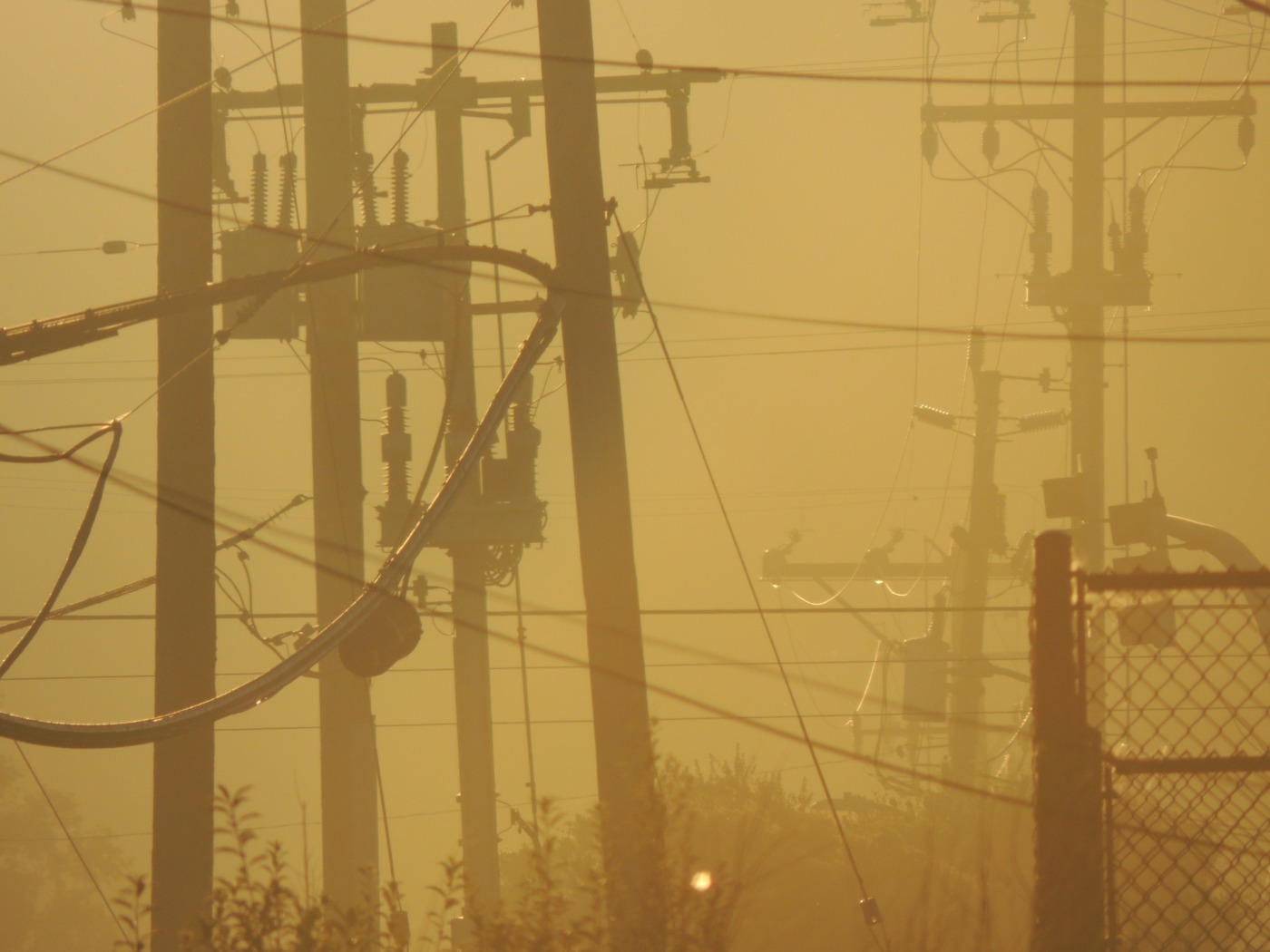Texas Blackout: A case for stricter energy regulation
It is a vision of an apocalyptic society best suited to comic books or science fiction films. The consequences of a complete blackout – no energy, no electricity – are key steps on the rapid journey to anarchy. When people don’t have the things to which they have become accustomed, there is potential of chaos. This, however, is not a fantasy. The state of Texas in America has experienced a historic blackout because of the persistent cold of February. The weather was extreme: low temperatures, snow and freezing rain. Dealing with extreme natural conditions is, again, not just something out of fiction books; therefore, states across the world must have effective infrastructure that can handle such crises.
The cold weather inevitably meant demand for electricity and power was far higher throughout the month. Unfortunately, the sources for generating such power, like natural gas and coal, couldn’t transmit it to suppliers. Given Texas is the second most populated state in America, a huge number of people – more than 25 million – were affected. The demand was only one factor since some of the resources unable to operate because of frozen equipment. With 18.7 billion cubic feet per day of gas production unavailable, this represented 20% of America’s entire output.
While people all may go through a difficult time as a result of extreme weather, the distribution of hardship is far from equal.
Natural gas is vital to ensure people receive their energy in normal times and don’t experience blackouts. While across America less than 40% of electricity supply comes from natural gas, over half of Texas’ energy is generated this way. It is argued the severe disruption could be linked to the different regulations Texas has on generating energy compared to the rest of America. As Texas is not directly linked to domestic energy markets, it is far harder for the state to get extra energy capacity from beyond its borders. This is energy that might be needed for precisely the type of emergency that Texas proved it was not ready for.
Energy markets are therefore not suited to the challenges that Texas faced over the past month. This is a damning indictment of such companies, not least as a similar situation took place a decade ago. In 2011, extremely cold temperatures again led to up to 3.2 million Texans losing power. The reason for the failure? The Texas grid is separate from the rest of US energy supplies. The situation currently faced by the state is similar in some ways to the heat and wildfires facing California in 2020. Both events require a systematic solution to ensure that if they cannot be stopped, the appropriate resources are in place to help people.
While people all may go through a difficult time as a result of extreme weather, the distribution of hardship is far from equal. Those from low income backgrounds are far less likely to be able to afford generators to power their homes in times of emergency. Similarly, if individuals have to evacuate their homes, those with more economic wealth will be able to afford hotels for a temporary stay.
Change will only come when all politicians in America, and more generally in the world, recognise the shared importance and danger posed by climate change.
What is the solution? Change will only come when all politicians in America, and more generally in the world, recognise the shared importance and danger posed by climate change. If temperatures continue rising, situations like these will only continue. With such widespread climate change denialism in America, not least in the Republican Party, this becomes far harder. Regulation must come with recognition of the issue. Despite many concerns being devolved to states, instead of being dealt with at a federal level, it should be accepted by all that climate change can only be solved at a national and international level. The role of government is therefore to ensure that companies are following the specific regulations, and to step in where necessary.
Equal and continuous access to energy should be universal to guarantee good living conditions. However, it will only ever be sustainable if people are able to generate energy from resources that are not going to run out and are managed effectively. While people in Texas have had a dreadful time because of the blackout, it exposes the need for strict regulations and a more centralised approach. An incident like the one last month happened a decade ago. Lessons were not learnt. It is time that they are.

Comments